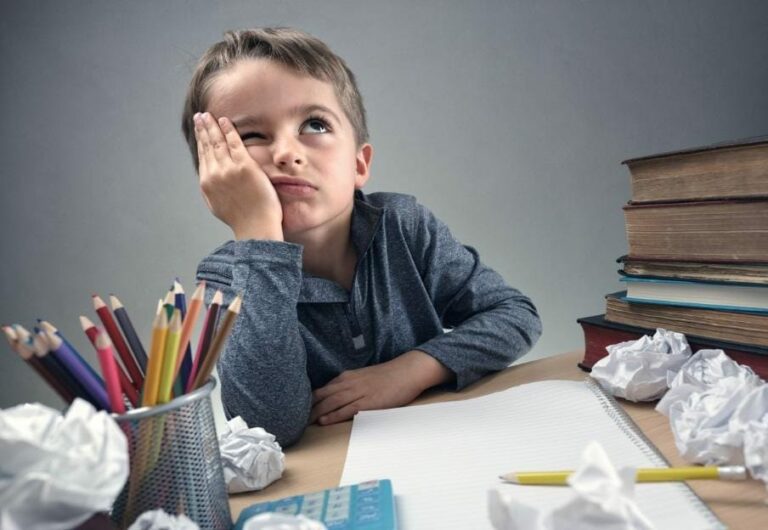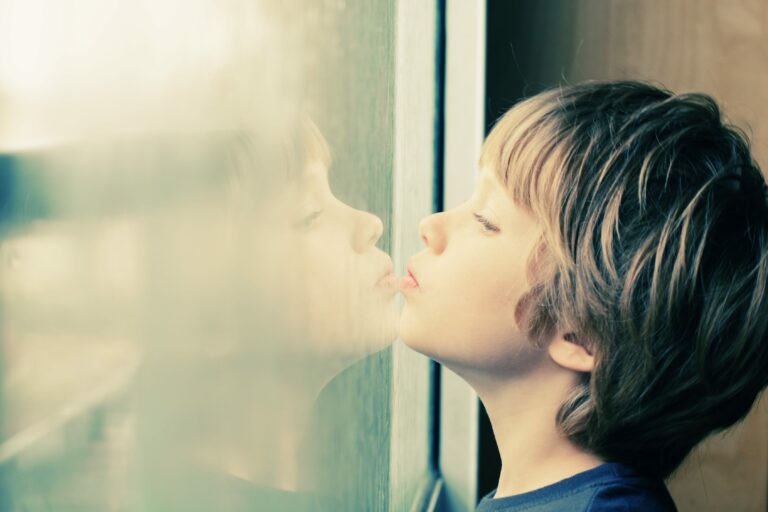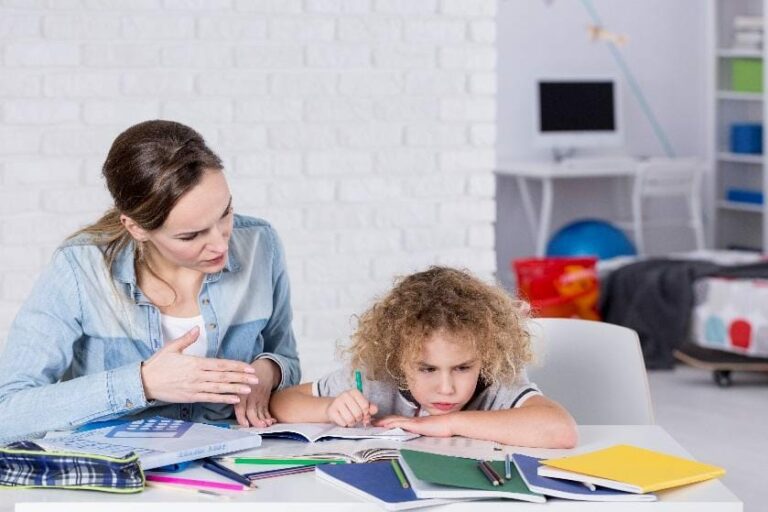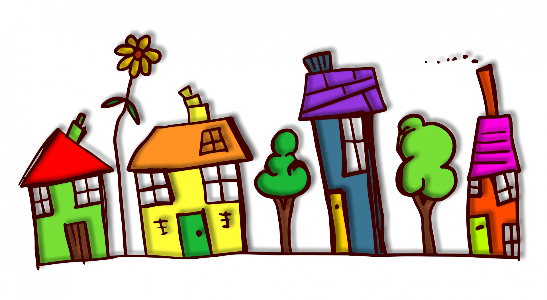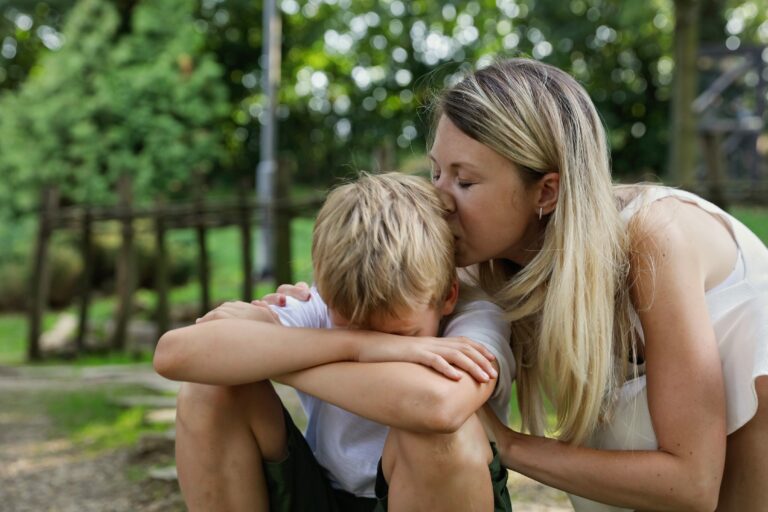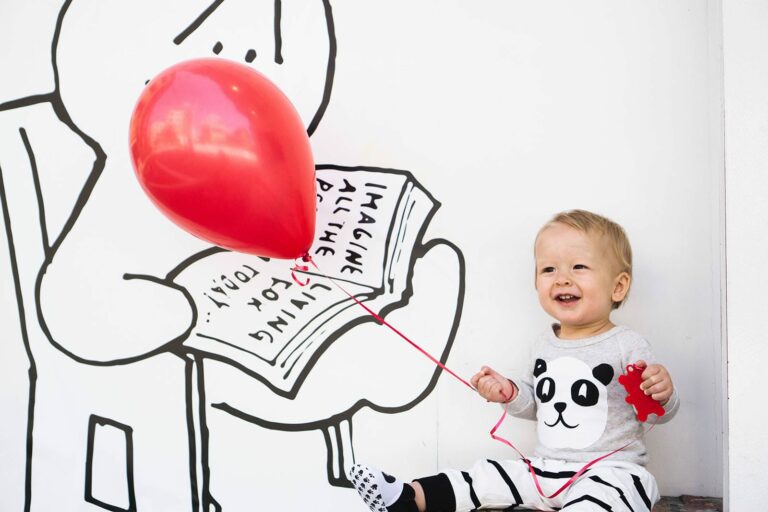Improvement in communication and social interaction can make a qualitative difference in your child’s life.
While all SLP’s are trained in helping children communicate better, you will want to find an SLP who also specializes in helping your child with social communication. At its core, communication is a social process; therefore, the social communication issues experienced by individuals with ASD need to be addressed in the context of intervention. It is so very important that your child form and maintain positive relationships with others.
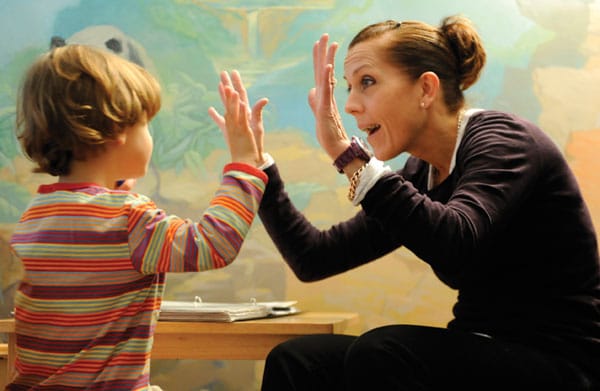
What Does a Speech Language Pathologist Do for People with Autism?
It all starts with a comprehensive speech language evaluation! An SLP can uniquely evaluate your child assessing both verbal (use of sounds, words, conversation and social interaction) and nonverbal (eye gaze, gestures, intonation) communication. Your child’s SLP should help you understand the diagnosis of ASD and how it affects YOUR child’s receptive language (comprehension), expressive language and social communication. Look for an SLP who has the ability to recognize your child’s strengths and explain how she will help build on those strengths to overcome challenges.
Speech therapy involves meeting the child where they are at and building- in every area- the foundation for communication. We want to build in attention, eye gaze and multiple circles of reciprocal interaction. Communication- whether your child is verbal or nonverbal- is the basis of establishing relationships with others. We need to build meaningful interactive skills early so that your child can move to higher-level skills in a meaningful way. Once the fundamental skills are firm, an SLP works on a wide variety of language goals, depending on your child’s individual needs.
Once the fundamentals are firm, an SLP works on a wide variety of language goals, depending on the child’s needs including:
Non-verbal communication. This may include teaching gestural communication, sign language, or training with PECS (picture exchange cards), electronic talking devices, and other non-verbal communication tools.
Language Comprehension. Typical goals in the area of language comprehension are understanding grammar and syntax, following directions, understanding concepts, and answering questions.
Language Expression. For emerging language users, goals focus around developing a core functional vocabulary, two-word pivots, and simple sentences. As children progress, therapy goals might address use of grammar such as pronouns, language formulation such as putting multiple words together, telling a story with correct narrative formation and even conversational skills.
Pragmatic Language or Social Communication. It is important to know what to say, when, how and to whom you should say it. Goals in the area of social communication are quite varied depending on your child’s level of skills but might focus on improving social attention, perspective taking, reading social cues, nonverbal communication, monitoring reactions and making verbal adjustments. Goals would likely support your child’s emotions around communication with others and to help your child understand and express emotions appropriately.
Speech Sound Production or Articulation. Children with autism may have difficulty pronouncing words, oral motor challenges and other speech disorders such as Childhood Apraxia of Speech. These affect their ability to be understood by others.
Finally, the potential role of the speech-language pathologist within the child’s family should not be underestimated. For many children with autism spectrum disorders (ASD), the speech-language pathologist is the cornerstone of the child’s therapeutic team. A good speech-language pathologist truly has the potential to make a significant difference in your child’s life.
Reference
Sadler, J., “What a Great Speech-Language Pathologist Can Do for Your Child with Autism” retrieved from THINKING PERSON’S GUIDE TO AUTISM: July 7, 2010.
